Silencing the debate: How domestic censorship undercuts America’s security
Newsrooms and studios face strong incentives to stick to familiar narratives and avoid reputational risk.
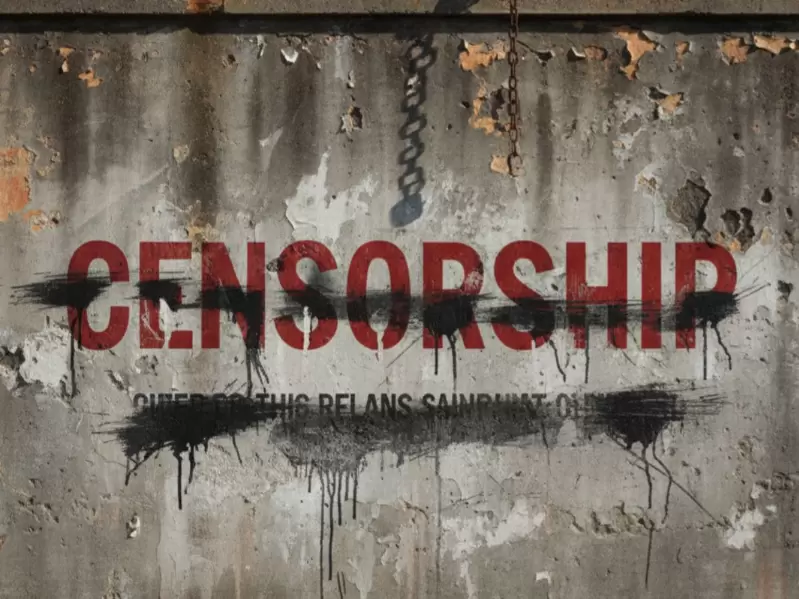 Representative image / AI generated
Representative image / AI generated
America's edge in a long contest with authoritarian powers isn't just measured in budgets or missiles it is measured in how quickly we learn in public. When the media, tech platforms, big business, and government all start to chill debate at home, our system learns more slowly, consensus becomes brittle, and our credibility abroad erodes.
That is why narrowing permissible speech whether through opaque moderation, corporate pressure, or vague laws isn't just a culture-war skirmish; it is a national-security risk.
Open argument has always been a strategic advantage for the United States. Pluralistic debate exposes blind spots, improves decisions, and helps policies earn consent that lasts through crises. In technology, trade, and security, good ideas need room to challenge incumbents and bad ideas need sunlight so they can fail fast.
A confident democracy tolerates sharp disagreement not because it is comfortable, but because it makes us stronger. Yet the engines that shape our information environment have been moving in the opposite direction:
Media and culture: Newsrooms and studios face strong incentives to stick to familiar narratives and avoid reputational risk. Hard, technical questions about alliance burden-sharing, semiconductor policy, or immigration pathways for critical talent get reduced to spectacle.
Analysts who deviate from conventional wisdom are too often branded fringe, even when they may be early to a better answer. Social-tech platforms: Automated down-ranking and takedown pipelines have become de facto public utilities for civic speech, but the rules are often opaque. When officials jawbone by
phone or email, platforms may overcorrect. Even the perception of government-platform collusion breeds distrust at home and hands propaganda fodder to our adversaries. The downstream effect is chilling: exactly where we need new facts and contrarian analysis, people self-censor.
Corporate finance: Brand-safety filters, compliance policies, and investor blacklists can turn market caution into de facto policy filters. If lawful advocacy about energy or export controls is treated as a reputational hazard, capital misprices strategic risk and boards duck necessary debates. Blind spots widen.
Law and enforcement: Expansive definitions of misinformation, ambiguous emergency authorities, and speech-adjacent surveillance create mission creep. Lines blur between countering foreign influence and policing domestic dissent. Agencies tasked with intelligence or homeland security risk losing analytic integrity if internal dissent is chilled and outside oversight weakens.
These pressures do not act in isolation; they reinforce one another. When the media narrows the frame, platforms get more calls to fix the discourse, and regulators see cover for broad crackdowns. Meanwhile, our rivals notice. If Americans come to believe the marketplace of ideas is being quietly managed, trust wanes; allies hesitate to align with an order that seems to police dissent; and authoritarian states point to our own practices to claim there is no real difference between systems.
By contrast, an open media tech civic stack is a resilience machine. Diverse outlets and platforms create redundancy; it is harder for bad information to dominate and easier for good
information to surface. After shocks, pluralistic systems recover faster. Democracies don't win by avoiding conflict; they win by converting conflict into knowledge. So how do we protect both speech and security? With practical guardrails that clarify boundaries, harden due process, and reduce chokepoints:
1) Government transparency and due process: Any government outreach to platforms about cont should be written, logged, and reportable in aggregate, with narrow, time-limited national- security redactions. Impacted users should receive prompt notice and an external appeal path. Congress should require independent audits of moderation systems used in publicly funded tools.
2) Journalistic pluralism: Strengthen shield laws; keep subpoena standards narrow, reviewable, and transparent. Fund local and investigative reporting so viewpoint diversity isn t a luxury good. Media literacy efforts should emphasize method verification and sourcing over blacklists of ideas.
3) Corporate neutrality on civic speech: Focus brand-safety and ESG rules on unlawful conduct, harassment, threats, doxxing not on viewpoints. When advertisers or funds avoid certain civic topics, disclose criteria so the public and shareholders can judge whether filters are principled or partisan. Employers should create narrow, content-neutral safe harbors for lawful off-duty expression alongside strict bans on harassment and disclosure of confidential data.
4) Bounded emergency and counter-disinfo powers: Programs aimed at foreign interference need4) Bounded emergency and counter-disinfo powers: Programs aimed at foreign interference need precise statutory definitions, sunsets, and mandatory effectiveness reviews before reauthorization. Intelligence and homeland-security components should institutionalize red-team analysis and competing hypotheses memos so dissent is a feature, not a bug.
5) Competition and choice: Interoperability and data portability lower switching costs, letting users and publishers exit chokepoints. Competition disciplines bad moderation and reduces single points of failure in the information supply chain.
Oversight matters only if it changes incentives. Congress and Inspectors General can sample platform government interactions; courts should move quickly when chilled speech is at stake; and procurement should avoid creating monopolies of speech infrastructure by requiring open standards. Civil-society and academic consortia can run adversarial tests of content-moderation systems just as we test safety in aviation and cybersecurity.
The strategic payoff for openness is real: policies that survive visible stress-testing are more credible; alliances grow stickier when partners see an information order that is transparent and contestable; and our narrative resilience improves because pluralism is harder to capture and quicker to correct. In technology standards, semiconductor supply chains, cyber norms, and military posture, the United States negotiates from strength when the home system keeps learning in public.
The choice is not between security and speech. The choice is between a democracy that trusts itself enough to argue in daylight and therefore learns faster and one that tries to manage public opinion from the top down and loses the edge that made it exceptional. Closing the space where arguments are made, facts are checked, and mistakes are admitted carries a price. It is not merely cultural; it is strategic and our adversaries are counting on us to forget that.
The author is the President of Illuminant Capital Holdings LLC.
(The views and opinions expressed in this article are those of the author and do not necessarily reflect the official policy or position of New India Abroad)
ADVERTISEMENT
ADVERTISEMENT
E Paper
Video



 Dinesh Sastry
Dinesh Sastry
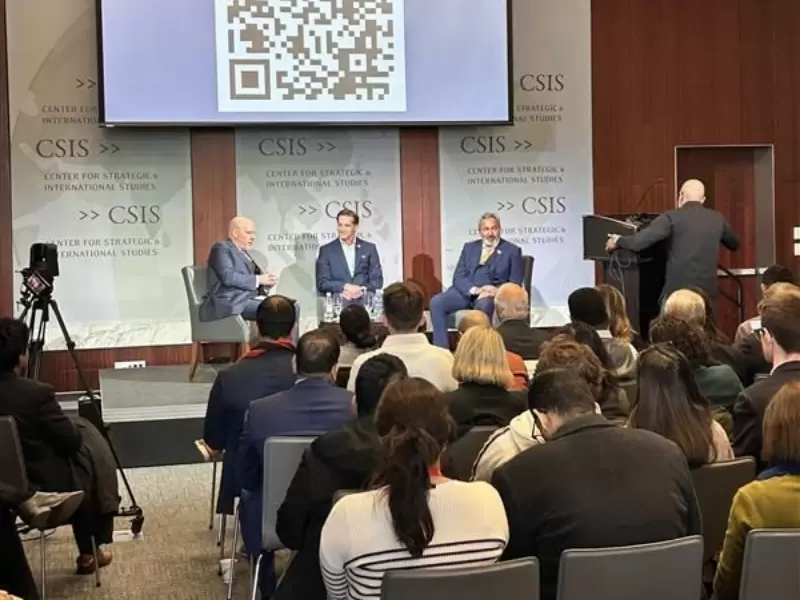
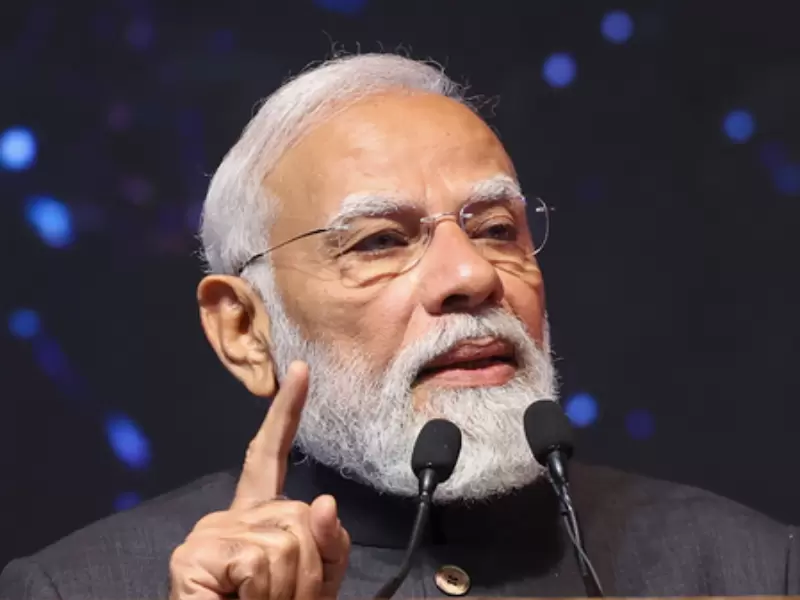


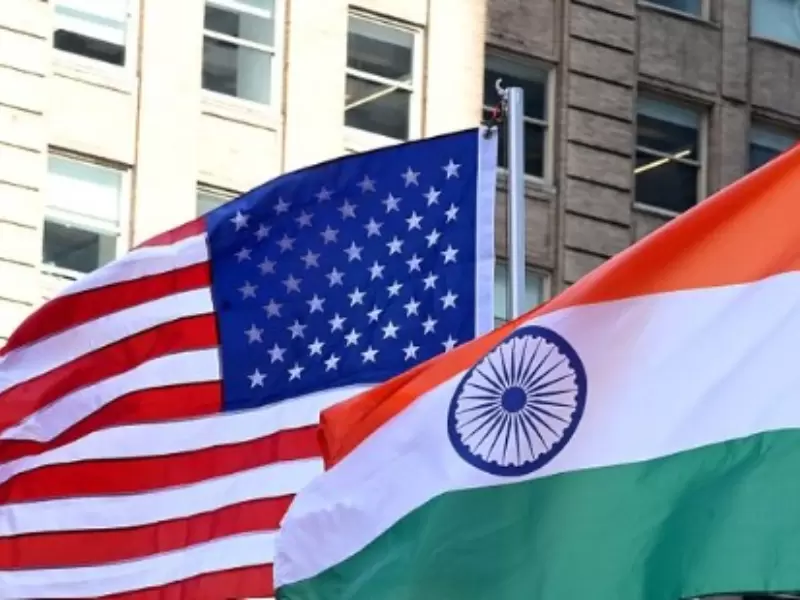


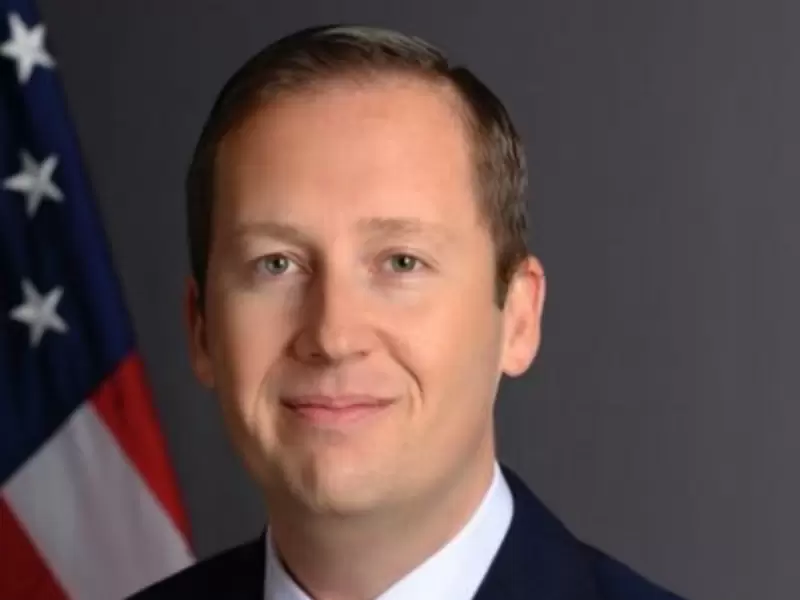

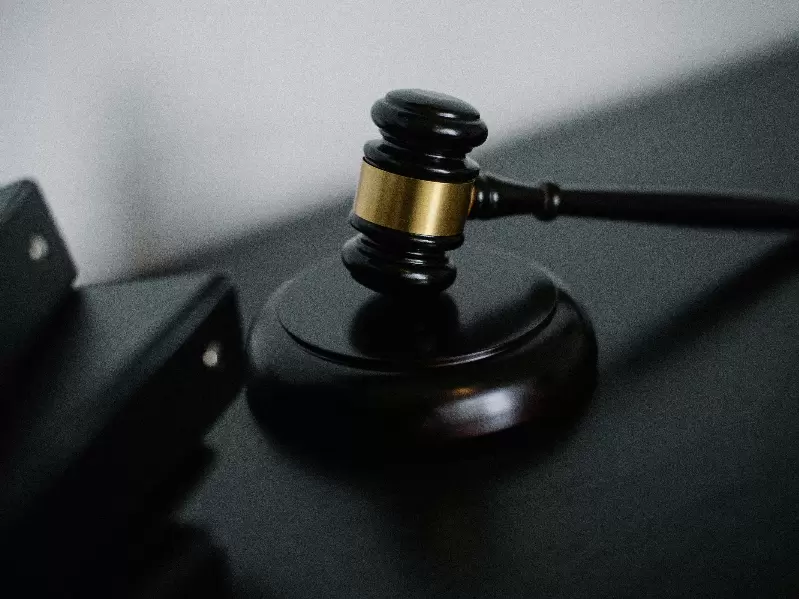
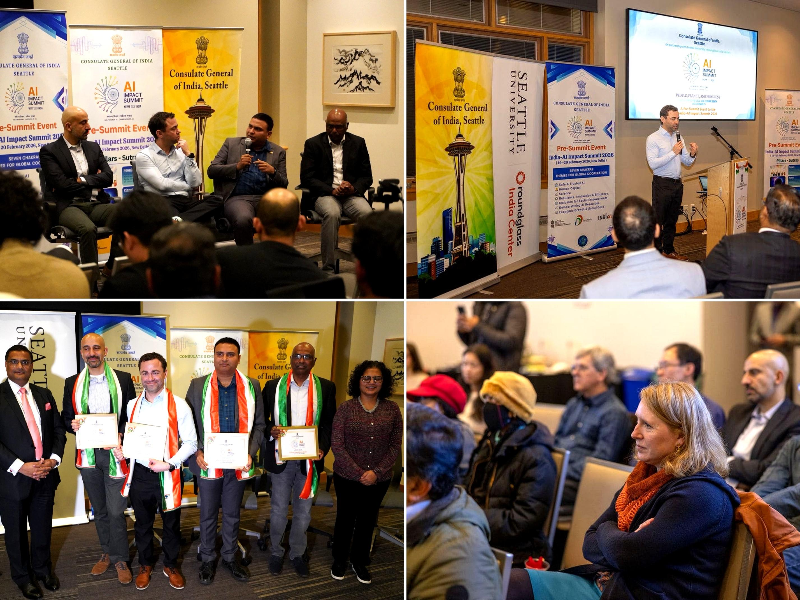

Comments
Start the conversation
Become a member of New India Abroad to start commenting.
Sign Up Now
Already have an account? Login